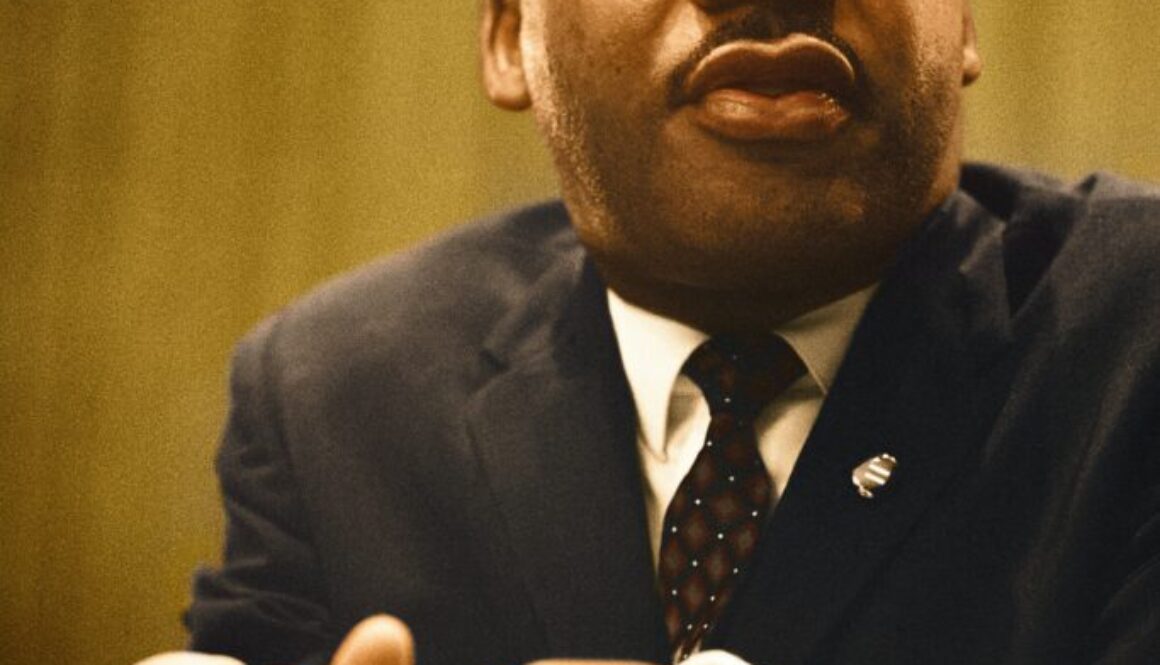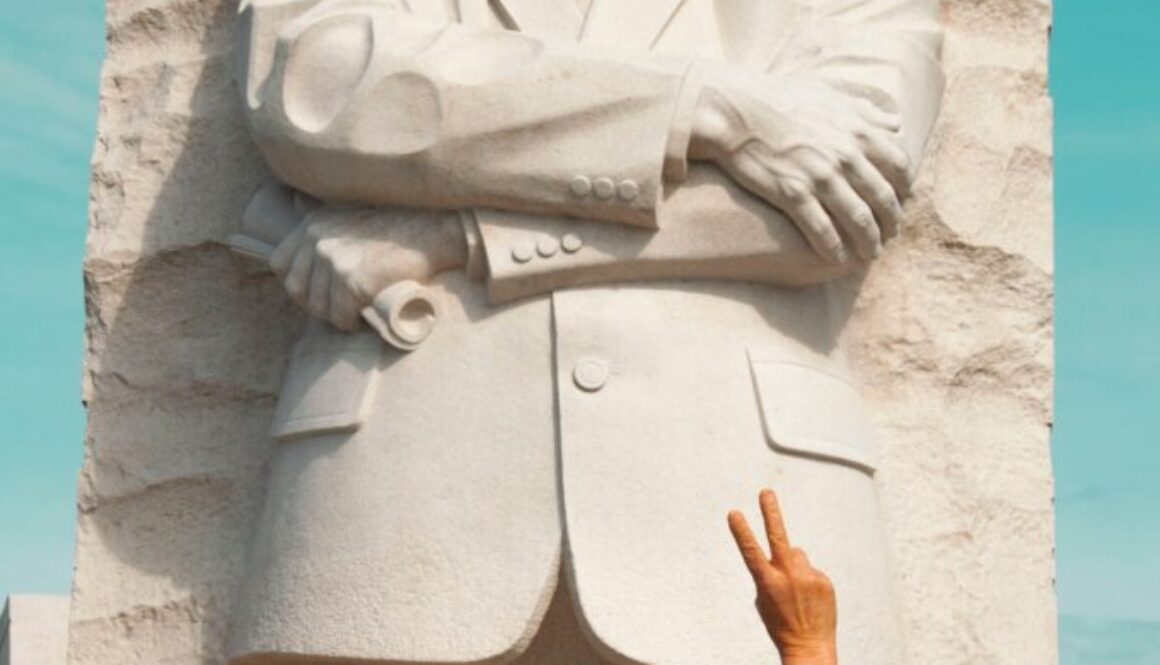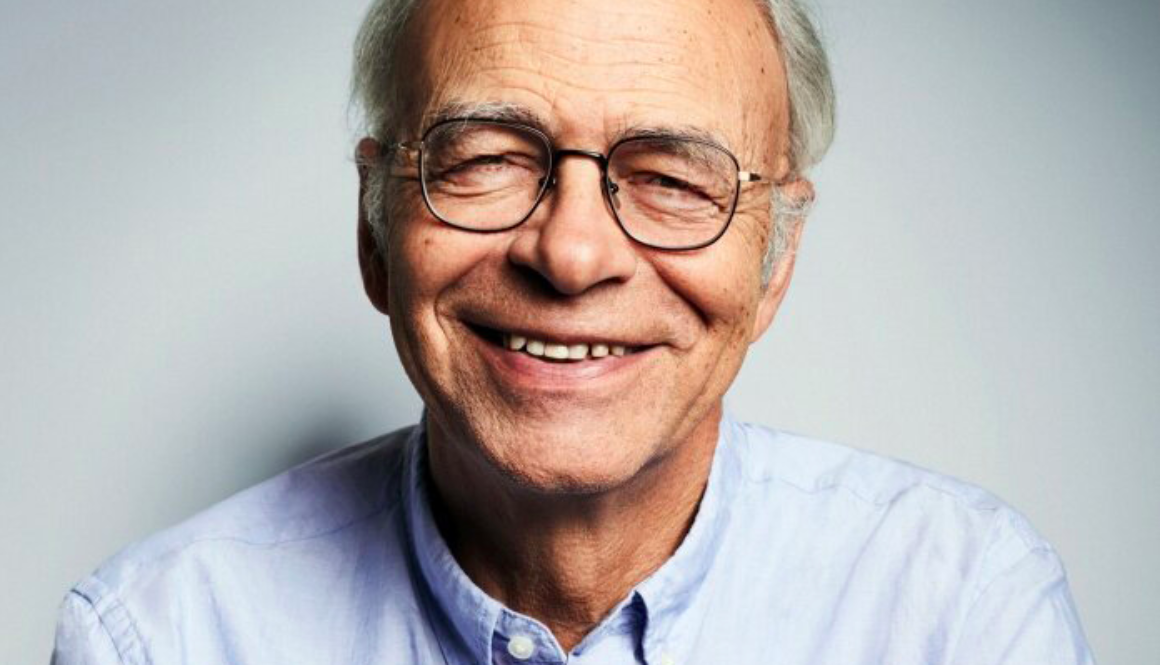Martin Luther King: A Religious Virtue Ethicist
When it comes to normative ethical theories, there are two main camps: consequentialist and deontological. Consequentialist theories, such as utilitarianism, focus on the outcomes of actions. The right thing to do is the action that will produce the most good or the least amount of harm. In contrast, deontological theories, such as Kantianism, focus on the intentions behind actions. The right thing to do is the action that upholds our duty, regardless of the consequences. Both approaches have their strengths and weaknesses, but they are the most commonly-cited normative ethical theories. The other, lesser-cited normative ethical theory is virtue ethics.
What is Virtue Ethics
The origins of virtue ethics can be traced back to the ancient Greeks. Aristotle, in particular, developed a form of virtue ethics that emphasised the role of character in promoting moral behaviour. According to Aristotle, virtues are habits that enable us to act in accordance with our telos, or “purpose.” For example, the virtue of courage helps us to act bravely in the face of danger, while the virtue of temperance helps us to control our desires and appetites. By developing virtuous character traits, we can become better people and lead more fulfilling lives. The philosophy of virtue ethics remained popular for centuries, and was later revived by thinkers such as Alasdair MacIntyre and Bernard Williams. Today, it continues to be a major approach within moral philosophy.

Most religious leaders are deontological, meaning they believe that actions are right or wrong based on whether they adhere to a set of rules or principles. This perspective is often rooted in the belief that there is a higher power that has laid out these rules and that we must follow them in order to achieve salvation or enlightenment. This way of thinking places a strong emphasis on duty and obedience, and it often leads to religious leaders taking a very black-and-white view of right and wrong. While this perspective can be inflexible at times, it does provide a clear moral compass that can be helpful in guiding people’s actions. Additionally, deontological ethics often emphasise the importance of taking personal responsibility for one’s actions, which is something that most religious leaders can get behind.
Kingian Virtue Ethics
When most people think of the Rev. Dr. Martin Luther King, Jr., they think of his work as a civil rights leader. But King was also a philosopher, and he based his civil rights work on philosophical principles. Dr. Martin Luther King Jr. was a Baptist minister, and he was heavily influenced by his religious beliefs, and he often drew upon Biblical themes in his speeches and writings. In his famous “Letter from Birmingham Jail,” for example, Dr. King invoked the story of the Good Samaritan to argue that people have a moral obligation to help those who are suffering. Religion also played a role in Dr. King’s commitment to nonviolent resistance; as a Christian, he believed that violence was contrary to the teachings of Jesus Christ.

Something that is particularly interesting about King’s philosophy is that his ethics and philosophy aren’t the biblically grounded duty-based deontological ethics we would expect from a religious leader, but they were influenced by virtue ethics, and centred around character development and the cultivation of good habits. According to virtue ethics, the goal of ethical behaviour is not simply to follow rules or achieve good outcomes, but to become a good person. This is the kind of person who has developed virtues like courage, compassion, and wisdom. For King, achieving racial justice was not just a matter of passing laws or changing social institutions; it was also about helping people to develop virtuous characters. By working to build virtuous character traits in others, King believed that he could help create a more just and compassionate society.
“Just as Socrates felt that it was necessary to create a tension in the mind so that individuals could rise from the bondage of myths and half-truths to the unfettered realm of creative analysis and objective appraisal, we must see the need for nonviolent gadflies to create the kind of tension in society that will help men rise from the dark depths of prejudice and racism to the majestic heights of understanding and brotherhood”
King’s “Letter from Birmingham Jail”
Kings virtue ethics present as a kind of secularised form of religious ethics— while the virtues we ought to aspire to might align with readings of religious texts and what the Bible suggests makes a good person, the qualities that King advocates can also be adopted whether you believe in or agree with Christianity.
What we can learn from Kingian Virtue Ethics
While discussions of how we ought to live morally are typically shaped by the two competing theories of consequentialism and deontology, with consequentialist theories focusing on the consequences of actions, and deontological theories focus on the duties and obligations that people have; it’s also important to consider how virtue ethics— which focuses on the character of the morally good person, rather than on the rightness or wrongness of specific actions— might influence our work as changemakers.

There are some key ways in which virtue ethics differs from consequentialist and deontological ethics. First, virtue ethics is not as concerned with rules and regulations as consequentialist and deontological theories are. Second, virtue ethics emphasises the importance of developing virtuous character traits, such as courage and compassion, rather than simply following rules. Finally, virtue ethics is often less concerned with specific actions than with the overall character of the person carrying out those actions. All three types of ethical theory have their own strengths and weaknesses, and there is no one “correct” ethical theory. Ultimately, it is up to each individual to decide which type of ethical theory makes the most sense to them.
Unlike other ethical theories, which focus on what we ought to do, virtue ethics focuses on what kind of people we ought to be. The central question for virtue ethicists is not “What should I do in this situation?” but “What kind of person should I be?” To answer this question, virtue ethicists look to the virtues, or good character traits, that are important for human flourishing. Examples of virtues include courage, compassion, and wisdom. One way to think about virtues is as habits of thought and action that enable us to achieve our goals in life. For example, a courageous person is not afraid to stand up for what she believes in, even in the face of danger. A compassionate person is someone who feels empathy for others and is motivated to help them. And a wise person is able to make sound decisions based on a deep understanding of the situation. Virtue ethics emphasises that developing virtuous character traits is essential for living a good life. Given the significant change that Martin Luther Kings’ work was able to influence for the civil rights movement, perhaps as contemporary changemakers we ought to consider the place of virtue in our movements.








